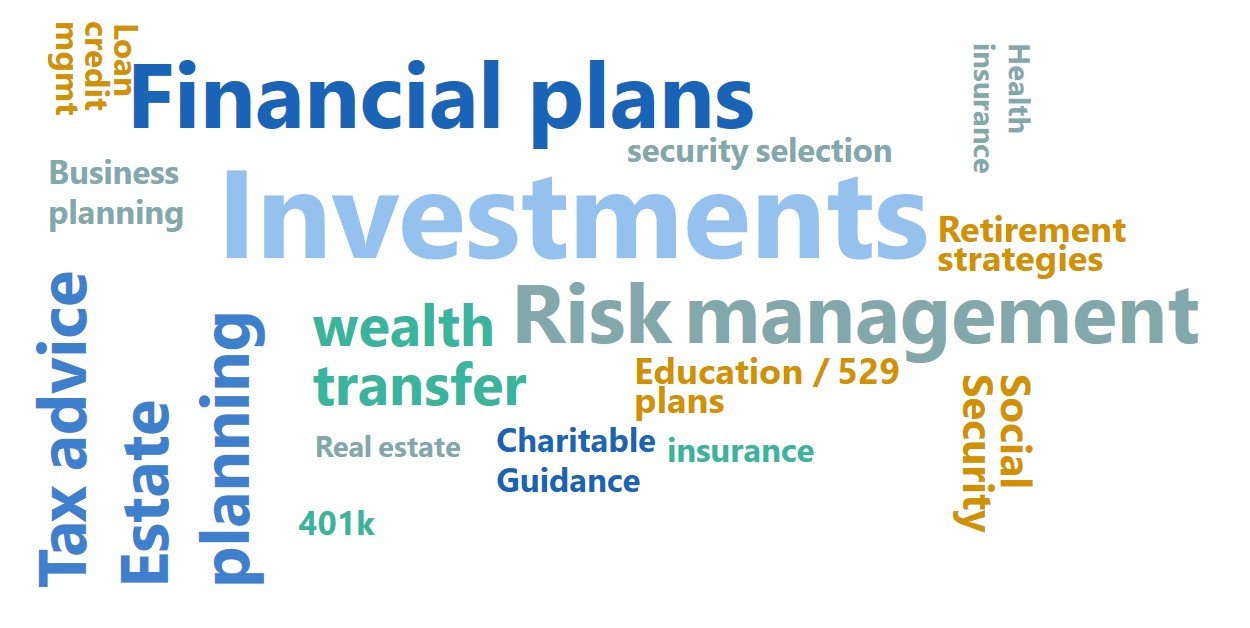Why a Financial Planner is More Than Just an Investment Guide: The Four Critical Aspects
Working with a professional of any means, whether a doctor, attorney, or specialist, is, in many ways, no different than having and working with a wealth advisor. You, the client, rely on these professionals to support and guide you through decision-making while formulating opinions and reviewing alternative solutions to reach the best possible outcome for your situation.
Many people believe wealth planning automatically equates to investment advice. Most people think investment decision-making should be secondary to big-picture planning and decision-making. As I have pointed out in previous writings, working with a wealth advisor can have a positive financial impact on the life you want and, more importantly, a strong personal influence.
Four Critical Aspects
So how does a financial planner play a potentially more prominent role than any other professional you work with? Below are four critical attributes that a wealth advisor should be helping you with;
- Navigating through the moving pieces of life
- Life events happen whether they are starting a family, the death of a loved one, or starting retirement. Often in life, there are so many factors in play, such as current spending needs, future savings, and legacy goals, that having an advisor to serve as your family CFO would prove to be a far better investment than any hot stock could ever be.
- Staying focused on the critically important long-term strategy
- Wealth planning is an ongoing grind, and when you get the busiest - a new career, spouse, or baby - it is when you're most likely to need an advisor's guidance. Additionally, as laws and regulations change (mainly taxes) and the economy shifts, you'll need to adjust. How much stamina do you have for putting a plan into action and fine-tuning it forever?
- Instilling discipline and taking the emotions out of investment decisions
- Can you build and maintain a portfolio that will provide a lifetime of income? Vanguard estimates that certain advisory services, including portfolio rebalancing and tax-advantaged allocation and withdrawal strategies, could add about three percentage points to a client's annual returns. A similar study by Morningstar Investment Management that focused on retirement-income strategies estimates that an advisor can add an average of 1.59% in annual return.
- An additional layer of protection
- Are you prepared to determine what the best long-term care policies are? Can you analyze annuities? Paying estimated taxes, keeping the insurance up-to-date, and staying on top of required minimum distributions for retirement accounts are all elements that an advisor can help safeguard your assets. An advisor can also be a backstop against cognitive decline as you age.
Financial relationships dive into some of the most private and complicated affairs someone will likely have during their lifetime. A trusted adviser will help you build that bridge from where you are today to where you want to be in the future. Although finding the right adviser for you can take work, it is one of the most important financial management decisions you'll ever make.
For questions about wealth planning, portfolio management, or tax-related topics, do not hesitate to contact me to find out what options may be best for your family.

